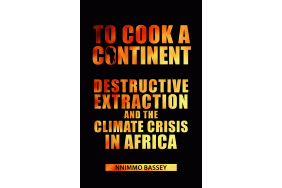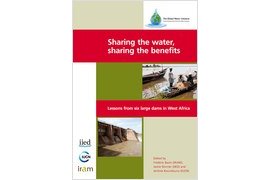India seems to have arrived at the threshold of polio eradication, but should it lower its guard?
ON January 13, India achieved what had only two years ago seemed impossible in the immediate term. The country, which, given the epidemiological data in the new millennium, had come to be regarded (…)
Polio: A war almost won
By R. Ramachandran


